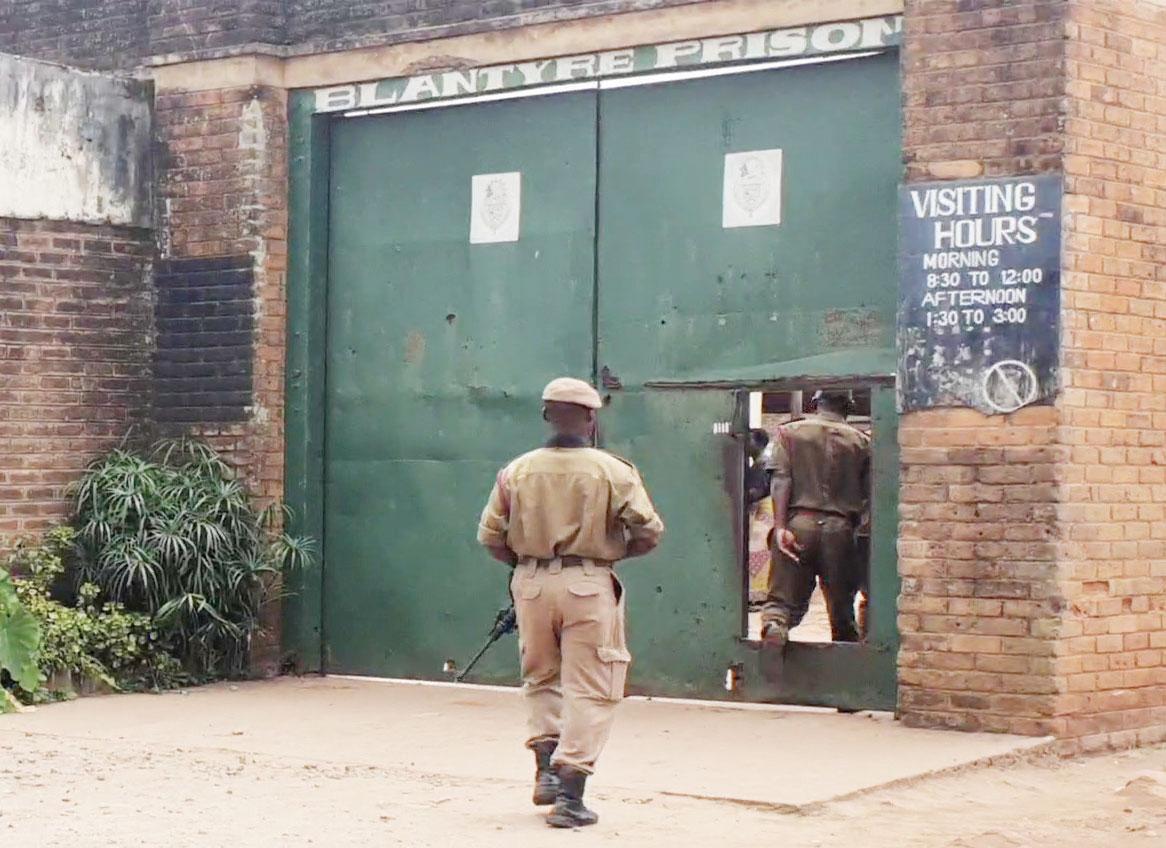Africa-Press – Malawi. Hunger has rocked the country’s prisons, with reports indicating that prisoners are going up to two or three days without food. Some of the prisoners that called us from Ntcheu and Maula appealed for a quick solution to the problem. Malawi Prison Service spokesperson Chimwemwe Shaba said prisons are experiencing shortage of food due to disagreements on food prices with suppliers.
“The suppliers are demanding higher prices than what we budgeted for at the beginning of the year, saying food prices have gone up countrywide. We are stuck on that point because if we adopt their prices, we will finish our allocation before the end of the year,” he said.
Shaba, however, said the Malawi Prison Service is going back to the market to see if it can find maize at the prices it budgeted for and that the department is engaging Agricultural Development and Marketing Corporation on the issue.
Reverend Stanley Chimesya, Prison Chaplain of Blantyre Synod of the Church of Central Africa Presbyterian, who is also a member of the Prison Inspectorate, said the problem of shortage of food has been there for a year now.
“The situation is out of hand. There is usually very little or no food at all in the country’s prisons. If you go to Ntcheu, Domasi, Chikwawa, Zomba Central Prison, Blantyre Prison, you will find that inmates are sleeping on empty stomachs. What I have gathered is that there are disagreements between the prisons and suppliers of food stuffs on prices but the other problem is that government is failing to provide enough money because, otherwise, they could have been able to buy food even at the current prices,” he said.
Centre for Human Rights Advice, Education and Assistance Executive Director Victor Mhango said the bottom line is that government is not allocating enough resources to the department of prisons.
“The department will tell you it’s because there are disagreements with suppliers but the truth of the matter is that they have huge debts with the suppliers. Last year, they failed to pay suppliers due to Ifmis hiccups. Now, the prices they are offering for food are low, yes, but if they had money, they could have been able to buy the expensive maize everyone is buying. This is a very sad development considering that prisoners are a very vulnerable group of society who 100 percent depend on the government.
“There are prisoners who are on tuberculosis and antiretroviral treatment who cannot take their medication without food. The current situation is like imposing a death sentence on them. If they miss taking their drugs because of food, they might develop resistance to the drugs, which may result in them losing their lives. We, as a nation, should be extremely concerned and take action now,” he said.
For More News And Analysis About Malawi Follow Africa-Press






